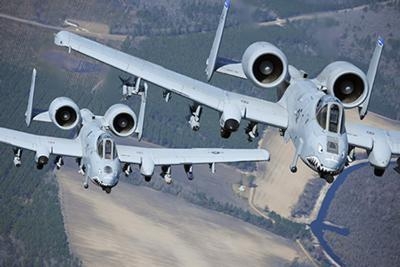Mon, Nov 10, 2014
Advertisement
More News
 ANN's Daily Aero-Term (04.30.24): Runway Centerline Lighting
ANN's Daily Aero-Term (04.30.24): Runway Centerline Lighting
Runway Centerline Lighting Flush centerline lights spaced at 50-foot intervals beginning 75 feet from the landing threshold and extending to within 75 feet of the opposite end of t>[...]
 ANN's Daily Aero-Linx (04.30.24)
ANN's Daily Aero-Linx (04.30.24)
Aero Linx: Air Force Global Strike Command Air Force Global Strike Command, activated August 7, 2009, is a major command with headquarters at Barksdale Air Force Base, Louisiana, i>[...]
 Airborne 04.24.24: INTEGRAL E, Elixir USA, M700 RVSM
Airborne 04.24.24: INTEGRAL E, Elixir USA, M700 RVSM
Also: Viasat-uAvionix, UL94 Fuel Investigation, AF Materiel Command, NTSB Safety Alert Norges Luftsportforbund chose Aura Aero's little 2-seater in electric trim for their next gli>[...]
 Airborne 04.29.24: EAA B-25 Rides, Textron 2024, G700 Deliveries
Airborne 04.29.24: EAA B-25 Rides, Textron 2024, G700 Deliveries
Also: USCG Retires MH-65 Dolphins, Irish Aviation Authority, NATCA Warns FAA, Diamond DA42 AD This summer, history enthusiasts will have a unique opportunity to experience World Wa>[...]
 Airborne-NextGen 04.23.24: UAVOS UVH 170, magni650 Engine, World eVTOL Directory
Airborne-NextGen 04.23.24: UAVOS UVH 170, magni650 Engine, World eVTOL Directory
Also: Moya Delivery Drone, USMC Drone Pilot, Inversion RAY Reentry Vehicle, RapidFlight UAVOS has recently achieved a significant milestone in public safety and emergency services >[...]
blog comments powered by Disqus




